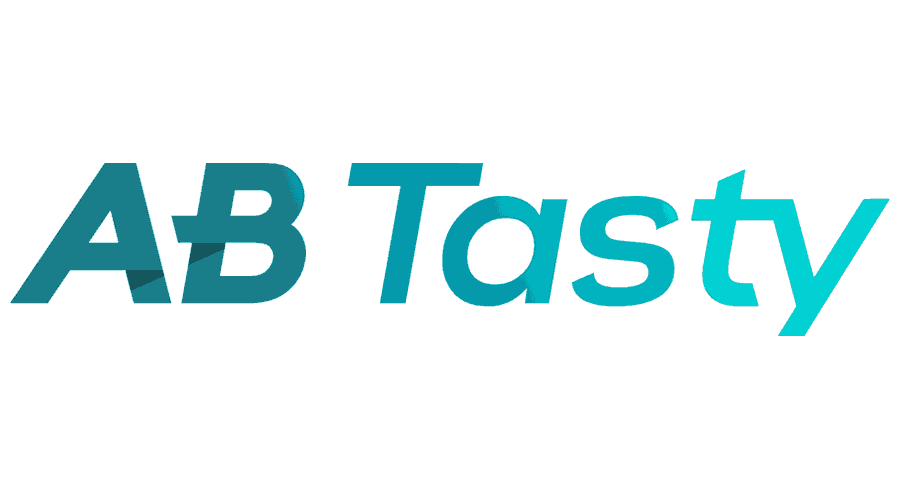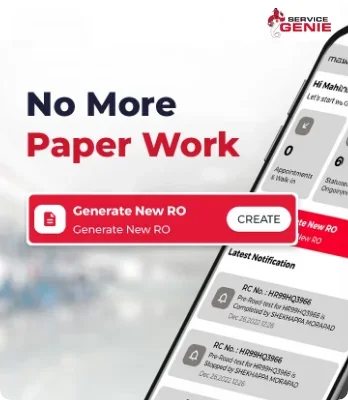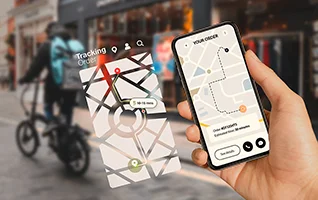Our usability testing expertise is trusted by top global brands and startups, delivering solutions that elevate user engagement and satisfaction.
Usability Solutions for Success
Our comprehensive usability solutions ensure intuitive interfaces tailored to user needs for enhanced satisfaction and engagement.

Heuristic Evaluation
In-depth analysis by experts to enhance interface intuitiveness and user experience.

User Testing
Real-world testing to refine user interaction and optimize interface effectiveness.

Accessibility Audits
Ensuring universal design compliance and fostering inclusivity for all users.

Performance Analysis
Detailed assessments to ensure optimal UI performance and seamless user experiences.

Feedback Implementation
Integrating valuable user insights for continuous improvement and refinement.

Conversion Optimization
Strategic approaches to enhance user engagement and drive conversions for improved business outcomes.
Our Testing & Validation Tools
Power your digital success with our robust validation and usability testing tech stack, ensuring quality and reliability for your digital endeavours.
Our usability testing rigorously evaluates interfaces, ensuring they meet user expectations and enhance interaction quality:

Expert Validation
Stringent testing protocols guaranteeing peak functionality and user satisfaction through meticulous evaluation and refinement.

Strategic Usability
Designing user-centric interfaces to boost engagement and streamline digital navigation through strategic planning and execution.

Innovative Techniques
Harnessing cutting-edge methodologies to validate and enhance digital platform usability, delivering superior user experiences through continuous innovation and optimization.
Our
Case Studies
We Innovate
Across Industries
Dive Deeper
into Our Insights
FAQs - UI/UX Usability Testing & Validation
Usability testing tools are software applications designed to help UX designers and researchers evaluate how easily users can interact with a product or website. These tools record user sessions, gather feedback, and provide analytics to assess the product's usability.
Common features include session recording, heat maps, click tracking, user surveys, and task analysis. These features help designers understand user behavior and preferences in detail.
By providing direct insights into user behavior and difficulties, these tools allow developers to make informed decisions about design changes and enhancements, thus reducing guesswork and iterative testing times.
These tools often integrate features for collecting user feedback directly through surveys or feedback forms embedded in the test sessions, providing qualitative insights alongside quantitative data.
They provide UX researchers with concrete data and visual evidence of user interactions, which are essential for conducting thorough UX studies and making data-driven recommendations.
These tools are crucial because they provide empirical data on how real users interact with a design, helping to identify usability issues that need to be addressed to improve the user experience.
Yes, many usability testing tools are specifically designed or adaptable for mobile applications, allowing testers to record user interactions directly from mobile devices.
Popular tools include UserTesting, Lookback, Hotjar, and Crazy Egg. Each tool offers different features that cater to various testing needs such as live user testing, heat mapping, or session replay.
Yes, there are free tools available that offer basic features, such as Hotjar’s free plan or Google Optimize, which is useful for A/B testing and personalization.
Consider factors such as the specific needs of the project, the tool's compatibility with other development tools, the learning curve, and, importantly, the privacy and data security features of the tool.
Next Level Tech,
Engineered at the Speed of Now!
Are you in?
Let Neuronimbus chart your course to a higher growth trajectory. Drop us a line, we'll get the conversation started.





































